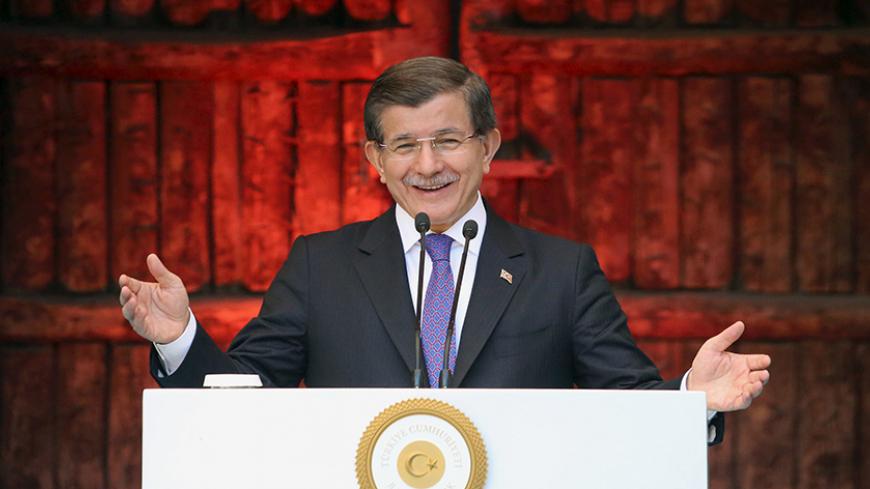On April 21, Turkish Prime Minister Ahmet Davutoglu revealed the long-awaited sustainable cultural development plan in Ankara. The program, commonly referred to as "culture package," has been in the works for over four months. Davutoglu’s one-hour introduction of the plan generated more questions than answers. He suggested, for instance, that it was the responsibility of artists in Turkish society to act as amicable peacemakers. At one point during his speech he said, "When a society is approaching a crisis, you [artists] should be the light of hope. You must stand against polarization, you must spread a unifying language."
It is difficult to comprehend how the arts could serve such statist goals. Davutoglu also had some concrete suggestions, one of which is building a library and theater in each city. Although the idea may seem quite exciting, when we think about the Justice and Development Party's (AKP) decadelong promise of "a university in each city," one cannot help but be concerned. The AKP has managed to complete the construction of college buildings in almost every city, but this is hardly sufficient to claim that the quality of college education in Turkey has improved. The plan promised more buildings and construction, and Davutoglu said Ankara needed better museums and that each city will be renovated true to its cultural roots. No further details about this cultural renovation plan was disclosed.



